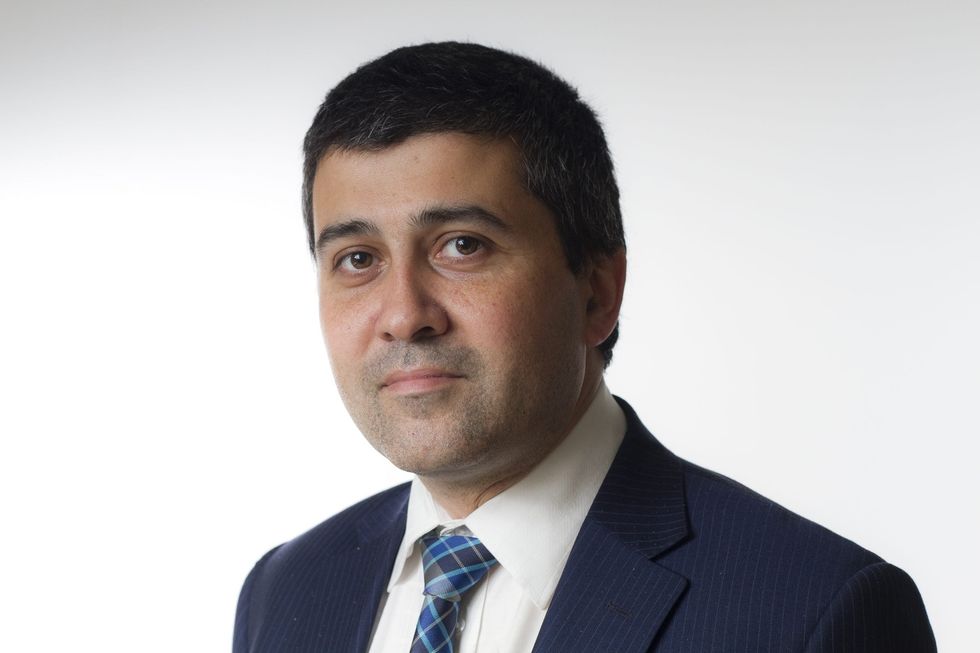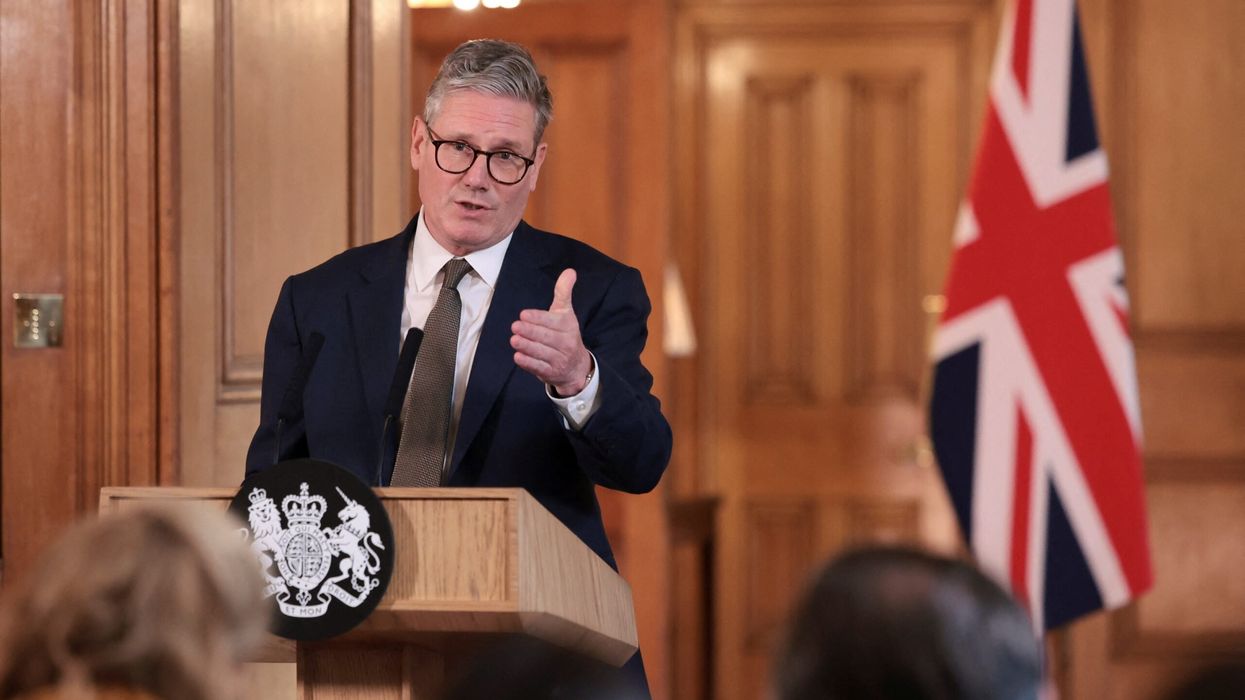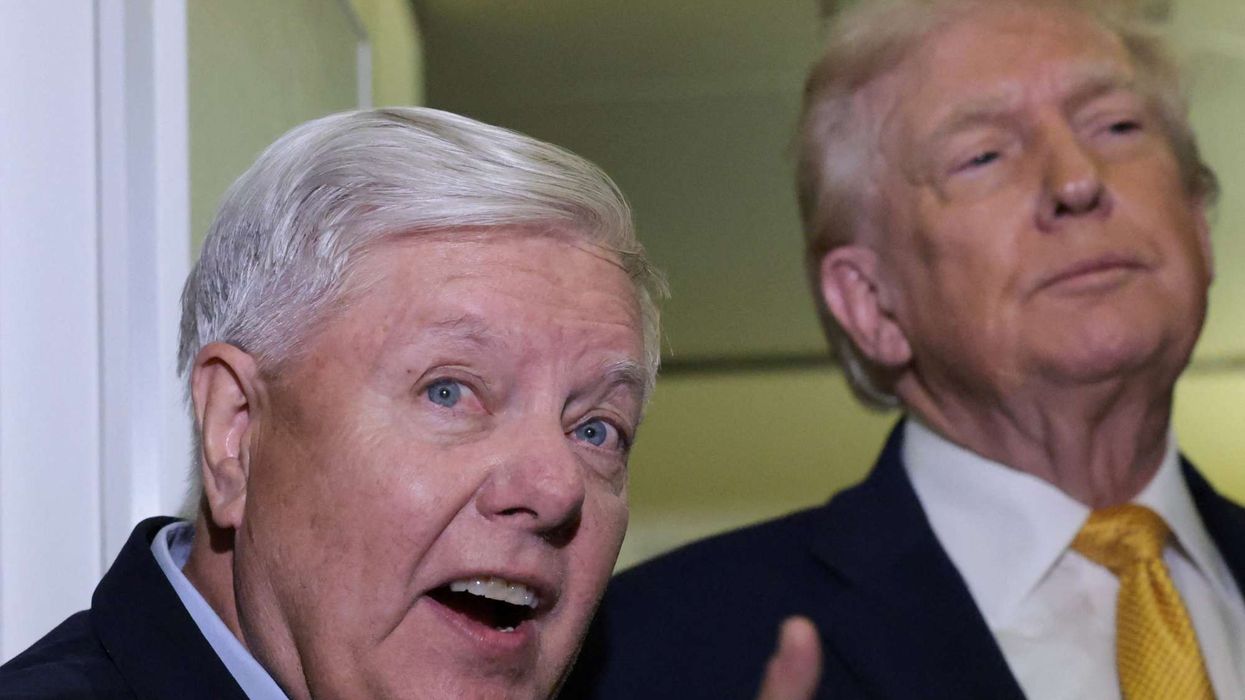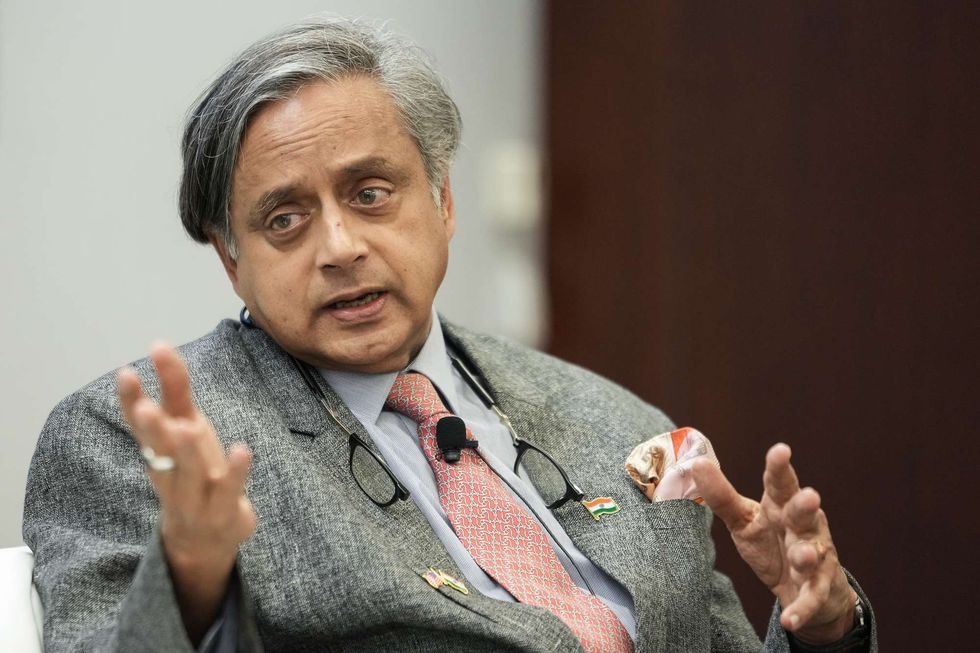“Change”. That was what this election was about. Change, above all, from Rishi Sunak’s Conservative party. Fourteen million voted Conservative last time. Fewer than seven million did this time. The Conservatives lost a quarter of the vote to Reform on the right and another quarter to their left. The losses on either flank were enough for Sunak to lose power on their own. The combination was devastating. When it came to seats, the Conservatives lost a handful to the Greens and Reform – while many were swept away by the Lib Dems and Labour.
Labour won a crushing, yet curious victory. This 1997-style landslide of 412 seats was won on the lowest turnout since 2001 and a lower vote share than in 2005, or for any previous winning government. The new electoral map suggests Labour has a “coalition of everywhere” – making sweeping gains across Scotland, winning back every ‘Red Wall’ seat lost in 2019, having the most seats in every region and making once-in-a-century gains in Cheshire, Somerset and Norfolk.
Labour’s game plan for a Commons majority, to win people and places that were not already onside, was executed to perfection when reaching out. But the message – that the party was prioritising people and places who do not habitually vote Labour – was also heard by those who normally do.
Bristol Central ousted Labour to strengthen the Green voice – offering a cosmopolitan counterblast to Nigel Farage’s insurgency in Clacton on the Essex coast. Islington North chose to keep Jeremy Corbyn in parliament. Labour’s support was down among the under 40s, generally, but it fell most of all, by an average of 20 per cent, in constituencies where most voters are not white.
Most black voters still voted Labour, on a reduced turnout. But 2024 was the first modern general election when most British Asian voters did not vote Labour. Focaldata’s ‘How Britain voted’ analysis estimates that Labour averaged 43 per cent across Asian voters as a whole, with the Conservatives on 20 per cent, and around one in 10 for each of the Lib Dems (nine per cent), Greens (11 per cent) and independents (10 per cent). Voting patterns and the reasons for voters’ choices will clearly differ across different groups and generations.
Sir Keir Starmer’s party lost around half a million Muslim voters – usually to its left – as the ‘Gaza effect’ outstripped that after Iraq in 2005. Alongside Corbyn in Islington, Labour lost four more seats to independents in Birmingham, Blackburn, Dewsbury and Leicester South, all constituencies with large Muslim electorates. Yet the party still holds 46 of the 50 constituencies with the largest Muslim populations, as it held all of its east London seats, on reduced majorities, and gained three more, removing George Galloway in Rochdale and taking Peterborough and Wycombe from the Conservatives. Pro-Gaza candidates won less support in the south than in the Midlands and Yorkshire.
Meanwhile, Tory progress with Indian voters helped to make Harrow East the sole constituency in Britain where the Conservatives reached 50 per cent. The Church of England was once called ‘the Tory party at prayer’, but the Hindu temples of Harrow might now contest that title. There was even one Tory gain in Leicester East, on a night of 250 losses, as Shivani Raja, not yet 30, defeated both her Labour opponent and the constituency’s previous two Labour MPs. Keith Vaz came fifth with under 4,000 votes. Most Leicester voters found their veteran MP of three decades an unlikely champion of change.
Beyond Harrow and Leicester, Labour still holds 26 of the 28 Westminster constituencies where most voters are Asian. Its strong parliamentary presence offers Labour MPs opportunities to reconnect – but a governing party will struggle unless it roots those efforts with voters from specific groups in a more coherent approach to engage fairly and effectively in a diverse democracy with citizens from all minority and majority groups at the same time.

There is more change in the Commons than ever before - 335 first-time MPs and 15 retreads outnumber the 300 re-elected incumbents. With 90 ethnic minority MPs, it is the first time the House of Commons reflects the diversity of the electorate. But there is less ethnic diversity in the Starmer government than in recent Tory administrations, with three ethnic minority ministers around the Cabinet table – David Lammy, Shabana Mahmood and Lisa Nandy – but nobody among the ministers of state, demonstrating a weak Labour pipeline from its strong parliamentary representation to bigger leadership roles.
The test of this new government will be delivering change. The Rwanda scheme was scrapped on day one. It has a mandate to build – favouring YIMBYS over NIMBYS – and promises to focus on growth, the NHS, energy and breaking down barriers to opportunity.
Labour should govern for its new “coalition of everywhere” – but the election tactics of the opposition made some people and places more equal than others. It will be important to rebalance that in government: a decade of national renewal depends on ensuring that everywhere really does mean everywhere.
(The author is the director of British Future)






 Shashi Tharoor
Shashi Tharoor Nicolás Maduro arriving at the Down town Manhattan Heliport.
Nicolás Maduro arriving at the Down town Manhattan Heliport.





